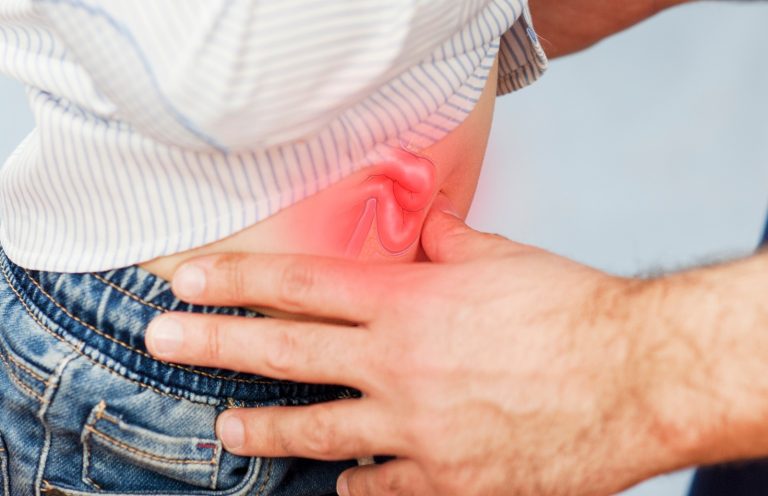10 Questions to Ask During Your Hernia Surgery Consultation in Singapore
Discover when hernia is considered dangerous, the various hernia types...
We all know how curious and mischievous kids can be. They love to run around, jump, and play. While being active is great for their health, it puts them at risk of injuries, including hernias. Hernia in children is a common condition that parents should not take lightly. If you have a child with a hernia or want to learn more about this condition, keep reading to find out everything you need to know.

A hernia occurs when an organ or tissue bulges through a weak spot or opening in the muscle or tissue that holds it in place. In children, the most common hernia is an inguinal hernia that occurs in the groin area. Boys are more likely to get this type of hernia than girls. Umbilical hernias are another common type that occurs when a part of the intestine protrudes through the abdominal wall near the belly button. In rare cases, a hernia can also occur in other areas, such as the diaphragm or the belly.
The symptoms of hernia in children are typically easy to recognize. The most common sign is a bulge or swelling in the groin area or belly button, which may be more noticeable when your child is crying or straining. Your child may also experience pain, discomfort, or a feeling of heaviness in the affected area. In some cases, your child may have nausea, vomiting, or constipation.
The most common cause of hernia in children is a weak spot in the muscles or tissues that hold the organs in place. This weakness can be present at birth or develop later on. Activities that put pressure on the abdomen, such as crying, coughing, or lifting heavy objects, can also cause a hernia. In some rare cases, a hernia may be a sign of a more serious underlying condition, such as cystic fibrosis or Hirschsprung’s disease.
Hernia in children typically requires surgery to fix the bulge or swelling and prevent any further complications. The surgery is usually performed as an outpatient procedure with a general anesthetic, and your child should be able to go home the same day. Recovery time varies depending on the type of hernia and the child’s age, but most children can resume normal activities within a few weeks following surgery.
Therefore, if you notice any bulges or swelling in your child’s groin or belly, don’t ignore them. Promptly seeking medical attention can help prevent further complications and ensure that your child receives timely treatment.
Overall, hernia in children is a common and treatable condition that parents should not take lightly. It is important to recognize the signs and symptoms of a hernia and seek medical attention promptly if you suspect your child may have one. With timely treatment, most children recover well from hernia surgery and go on to lead happy, healthy lives. Remember, it’s always better to be safe than sorry when it comes to your child’s health.
If you’re in doubt, book an appointment with Dr Kan Yuk Man today.
Discover when hernia is considered dangerous, the various hernia types...
Discover when hernia is considered dangerous, the various hernia types...
Find out all you need to know about groin hernia...
Here at KYM Surgery, we believe in providing holistic & comprehensive medical care for all patients.
Here at KYM Surgery, we believe in providing holistic & comprehensive medical care for all patients.
Lower your chances of complications, see your doctor early and discuss your best treatment options.

We understand that hernias are worrying, but they can often be treated early. Here at KYM Surgery, we believe in providing holistic & comprehensive hernia care for all patients.
Hernia Surgery Clinic by KYM Surgery
Copyright © 2024 All rights reserved.